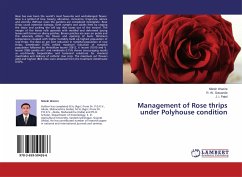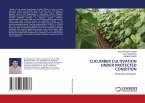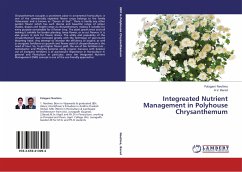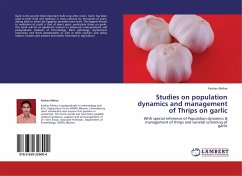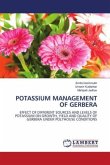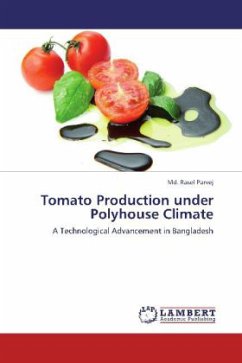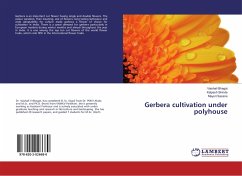Rose has ever been the world's most favourite and unchallenged flower. Rose is a symbol of love, beauty, adoration, innocence, fragrance, silence and eternity. Without roses the gardens are considered incomplete. Rose thrips cause extensive damage, both nymphs and adults feed by rasping the tissue and sucking the cell sap that oozes out of the wound. The margin of the leaves rolls upwards with mottled and deformed young leaves with brown or silvery patches. Brown patches are seen on petals and this adversely affects the flower and opening of buds. Minimum temperature coupled with higher humidity build up highest population of rose thrips. The data on per cent reduction in nymphal population of rose thrips, dimethoate 0.03% exhibit maximum reduction of nymphal population followed by Verticillium lecanii (10)12, V. lecanii (10)10 and V. lecanii (10)8 conidia ml-1 and nimbicidin 0.15% shown encouraging results as eco-friendly biopesticides and botanical substitute for chemical insecticides and delicacy of esthetic rose crop. The maximum cut flowers yield and highest IBCR ratio were obtained from the treatment dimethoate 0.03%.
Bitte wählen Sie Ihr Anliegen aus.
Rechnungen
Retourenschein anfordern
Bestellstatus
Storno

